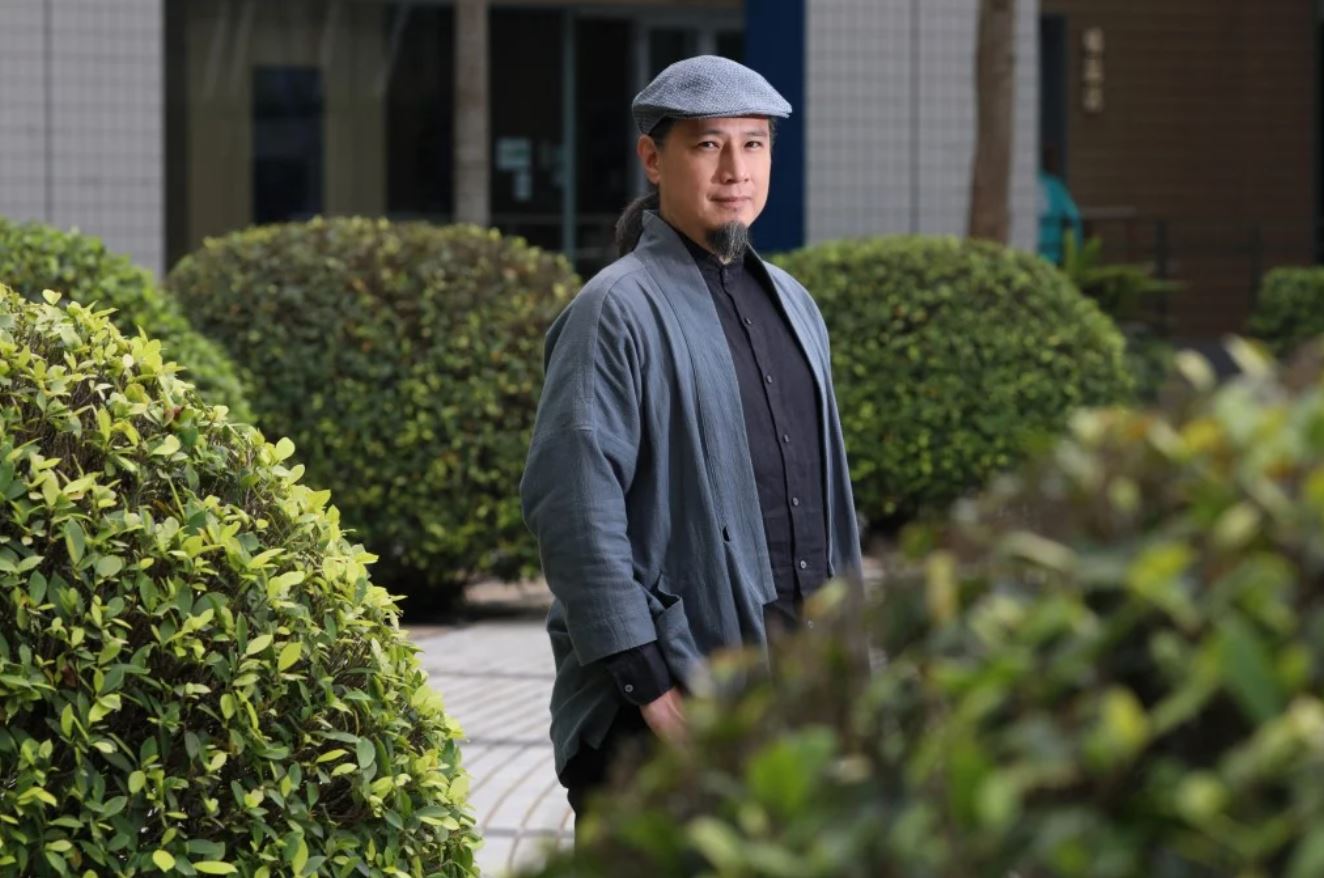 For years, AI has been cast as a high-stakes race between global powerhouses like the United States and China. Yet De Kai, a leading figure in machine learning, encourages us to see it through a different lens—one that’s less about geopolitical competition and more like managing a shared climate challenge.
For years, AI has been cast as a high-stakes race between global powerhouses like the United States and China. Yet De Kai, a leading figure in machine learning, encourages us to see it through a different lens—one that’s less about geopolitical competition and more like managing a shared climate challenge.
During a recent chat at the Hong Kong University of Science and Technology, where he is a professor of computer science and engineering, he captured this shift in perspective. “I would prefer to think about it as the AI climate change challenge,” he explained, urging us to recognise that AI is transforming the social landscape we all inhabit.
Drawing on four decades of research that began with his doctoral work at the University of California, Berkeley, De Kai’s ideas are both informed and forward-thinking. His new book, Raising AI: An Essential Guide to Parenting Our Future, published on June 3, outlines a novel approach: treating the development of AI systems like the upbringing of children. Just as we strive to be good role models for our own kids, we must be mindful of the data and behaviours we feed into these systems.
This parental analogy isn’t just playful—it’s a call to action. When De Kai asks, “What’s the single thing in folks’ lives that makes them most want to become better versions of themselves?” he points to the transformative role of raising children. Our online interactions become the lessons that shape AI’s future, so our behaviour matters more than ever.
Having worked with groups like The Future Society and served as a founding member of Google’s AI ethics council, De Kai has consistently championed a more ethical, considered pathway for AI’s evolution. His insights invite us all to view the development of AI not merely as a tech challenge, but as a shared responsibility for our collective future.








